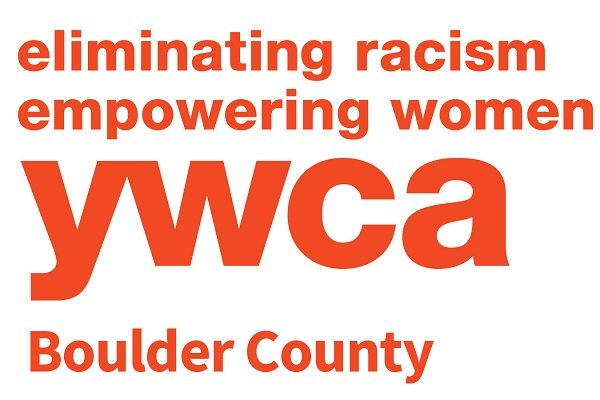November is Native American Heritage Month!
Each year, during our season of thanksgiving, Native American Heritage Month is celebrated in America. The month of November is used to recognize the history, culture, and contributions of Indigenous people in the United States!
November 1990 was the first year that National Native American Heritage Month was celebrated as a Federal holiday in America. It provides an opportunity to uplift Native American culture and contributions, and it also allows opportunities to reflect on past; the mistreatment of indigenous people throughout American history and the cultural impact of their leaders who fought for justice.
During this time, it is common to uplift figures of the past. It is equally important to celebrate those who continue the work today. Many Indigenous communities are still championing for their rights and creating barrier-breaking leaders who continue to lead their communities and influence positive change.
Take a closer look at some of these amazing leaders.
Audra Simpson, of the Kahnawake Mohawk tribe, is a political anthropologist whose work engages with Indigenous politics in the United States of America and Canada and cuts across anthropology, Indigenous studies, American and Canadian studies, gender and sexuality, and political science.
Chrystos Chrystos is a writer and activist whose published work explores Indigenous Americans’ civil rights, social justice, and feminism. This two-spirited poet explores issues of colonialism, genocide, violence against Native people, queerness, street life, and other intersections of personhood. Chrystos identifies with her father’s Menominee ancestry.
Madonna Thunder Hawk is a Native American civil rights activist best known as a leader in the American Indian Movement (AIM). Hawk is a co-founder of Women of All Red Nations, an organization that focuses on issues affecting Native American women. Thunder Hawk was born on the Yankton Sioux Reservation; she hails from both the Feather Necklace Tiospaye and belongs to the Oohenumpa band of the Cheyenne River Sioux Tribe.
Cierra Fields is a Native American anti-rape activist who advocated for the tribal council to raise the age of consent for sex from 14-years-old to 16-years-old. This Native American community health activist, and member of the Cherokee Nation of Oklahoma has done tremendous work to help stop violence against Native American women of all ages.
Lorelei DeCora is a Native American nurse and civil rights activist. DeCora was also a co-founder of Women of All Red Nations, and most famous for her role in the second siege in the town of Wounded Knee on the Pine Ridge Indian Reservation. DeCora is a proud member of the Winnebago Tribe in the Thunder Bird Clan; she also has Minnecojou Lakota Sioux roots from her mother’s side.
Winona LaDuke is an American economist, environmentalist, writer, and founder of the White Earth Land Recovery Project. Her work includes fighting for women’s bodily autonomy with Women of All Red Nations in 1985 to shed light on American forced sterilization of Native American women. LaDuke is a member of the Mississippi Band Anishinaabeg, an Ojibwe tribe.
Sarah Deer, of the Muscogee Creek Nation, is a Native American lawyer, and a professor of Women, Gender, and Sexuality studies and Public Affairs and Administration at the University of Kansas. Deer is a fierce advocate for women who has worked for victims’ rights and sexual violence prevention for decades.
Chief Wilma Mankiller was a Native American activist and social worker who is recognized as the first woman elected as chief of a major Native tribe: the Cherokee Nation. Mankiller worked to empower the surrounding Native communities in California.
Restoring pride in Native heritage could reduce the downward spiral of Native youth.








